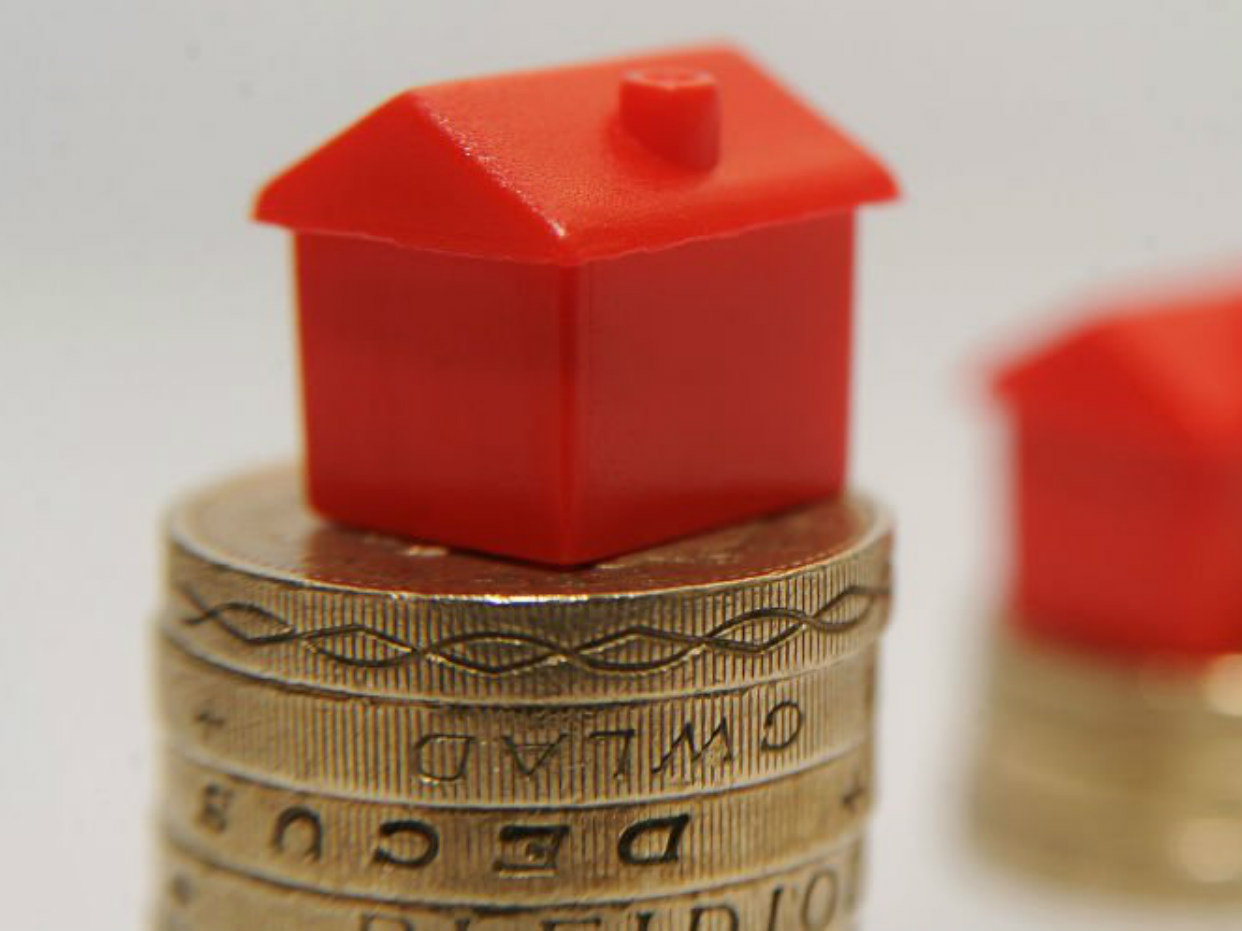The problem with the Bank of Mum and Dad
Parents have effectively becoming the ninth largest lender in the UK

A free daily email with the biggest news stories of the day – and the best features from TheWeek.com
You are now subscribed
Your newsletter sign-up was successful
Last week it was revealed that so many parents are helping their children onto the property ladder that the Bank of Mum and Dad is now the ninth biggest lender in the country, ahead of Clydesdale Bank and just behind the Yorkshire Building Society.
Parents are expected to lend a massive £6.5bn to their children this year in order to help them buy a house, according to the research by Legal & General and the Centre for Economics and Business Research.
The Bank of Mum and Dad helped provide the deposits for more than 298,000 mortgages last year, representing 26 per cent of all transactions.
The Week
Escape your echo chamber. Get the facts behind the news, plus analysis from multiple perspectives.

Sign up for The Week's Free Newsletters
From our morning news briefing to a weekly Good News Newsletter, get the best of The Week delivered directly to your inbox.
From our morning news briefing to a weekly Good News Newsletter, get the best of The Week delivered directly to your inbox.
“The Bank of Mum and Dad continues to grow in importance in helping young people take their early steps onto the housing ladder,” says Nigel Wilson, chief executive of Legal & General. “Parents want to help their kids get on in life, and the Bank of Mum and Dad is a testament to their generosity, but it is also a symptom of our broken housing market.”
The fact parents are having to step in and lend more and more money to their children in order to get them on the housing ladder is a clear sign that all is not well in the property market – and even the wider economy.
“The rise of the Bomad (Bank of Mum and Dad) acronym, has become a symbol of the chronic problems faced by a generation growing up poorer than their parents,” says David Byers in The Times.
“The intergenerational inequality that creates the demand for Bomad funding continues to widen – younger people today don’t have the same opportunities that the baby-boomers had, including affordable housing, defined benefit pensions and free university education,” adds Wilson.
A free daily email with the biggest news stories of the day – and the best features from TheWeek.com
The property market is broken. One issue is that mortgage lending and wages are not keeping pace with soaring house prices. This means every year more and more people find that first rung of the property ladder has risen beyond their reach.
“In large swaths of the country, the property ladder is now a property space station, requiring the launch facilities of a Cape Canaveral to get there,” says Rowan Moore in The Guardian.
Parents who can afford to quite naturally step in and help their offspring with a deposit so they can afford the inflated prices and get onto the ladder. But, in doing so they are propping up the ludicrous prices being charged and achieved for property in parts of the country.
“It creates a new sort of class division, between those lucky enough to have parents and grandparents who were lucky enough to do well out of the property bubbles of the past 30-odd years and those who are not,” adds Moore.
The housing market isn’t just broken by soaring prices, it has also been damaged by the uneven spread of property wealth across the generations. Today 63 per cent of Britain’s housing wealth is owned by the over 55s. Meanwhile, people aged over 85 hold more housing wealth than everyone under 35.
The booming Bank of Mum and Dad “suggest that people’s housing options – including where and how people live – are increasingly shaped by their family and social class backgrounds rather than just their own efforts,” says Gerald Koessl on Huffington Post.
“This will not only create a divide between those who are able to buy and those who are not, but also increase the wealth gap between these groups…[this is] a broken housing market that will create deep societal divides for years to come.”
-
 5 cinematic cartoons about Bezos betting big on 'Melania'
5 cinematic cartoons about Bezos betting big on 'Melania'Cartoons Artists take on a girlboss, a fetching newspaper, and more
-
 The fall of the generals: China’s military purge
The fall of the generals: China’s military purgeIn the Spotlight Xi Jinping’s extraordinary removal of senior general proves that no-one is safe from anti-corruption drive that has investigated millions
-
 Why the Gorton and Denton by-election is a ‘Frankenstein’s monster’
Why the Gorton and Denton by-election is a ‘Frankenstein’s monster’Talking Point Reform and the Greens have the Labour seat in their sights, but the constituency’s complex demographics make messaging tricky